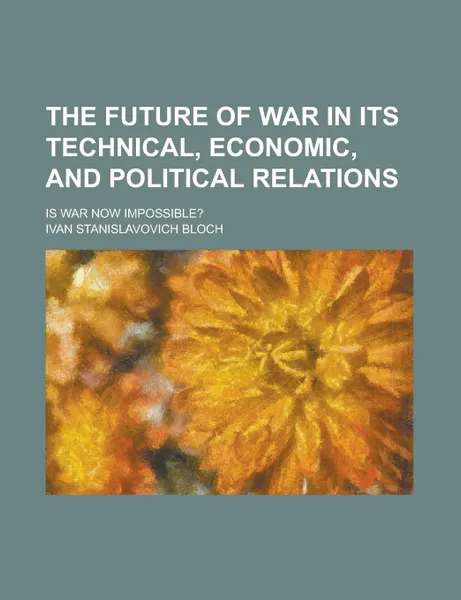The future of war in its technical, economic, and political relations; is war now impossible. 12+
Автор: Ivan Stanislavovich Bloch
118 страниц
Категория: Учебная литература
ISBN: 9781236833693
Язык: Английский
Где найти книгу?
📙 This historic book may have numerous typos and missing text. Purchasers can usually download a free scanned copy of the original book (without typos) from the publisher. Not indexed. Not illustrated. 1899 edition. Excerpt: ...prevents agricultural work during a considerable part of the year, and involves greater demand for clothing, dwelling, food, heat, and light. The great number of holidays still further shortens production, even in the working season. With such conditions it is inevitable that savings for a rainy day among the Russian people should be insignificant, and such they are shown to be in reality. Every famine, even a local failure of harvest, is the cause of a veritable disaster. With such a state of affairs it is needless to point out the absolute necessity for great caution in the expenditure of money on military purposes. It is quite true that in this respect Russia cannot fall behind the other powers, but she must not follow blindly after them, and, above all, she must not attempt to outstrip them, for such a course might lead to the most disastrous consequences. In the struggle for money the rivalry is unequal. Russia is weaker for two reasons--first, she has less reserves; secondly, she gives orders abroad, pays more than other powers, and sends her money out of the country. While England, Germany, and France themselves construct and prepare all that they need at the lowest possible cost, keeping their money at home, Russia is compelled to take a less adv...
Мнения
